The impact of your parents’ on your life is often far greater than you can ever expect. Our parents are our childhood role models. So when we grow up, our upbringing and our parents have a strong influence in our lives, especially how we experience love and relationships as an adult.
How much of your relationship success or failure in love is rooted in your role models growing up?
Perhaps more than you realize. Considering that our parents are our biggest role models in relationships, it is easy to see why we would unconsciously mirror their behavior, healthy or unhealthy.
Read The Attachment Theory: How Childhood Attachment Affects Adult Relationships
Have you ever wondered why an abused child would grow up and marry an abusive husband? It seems mysterious until you realize that abuse is how she grew up to perceive love, and herself. Her subconscious has convinced her, through the examples of her childhood and also adult relationships, that she somehow deserves the treatment she always gets. She recognizes it –it is what the people who love her do. Luckily, it works both ways.
Positive modeling of love, attachment and commitment can have a deep impact on how people grow up and behave within their own relationships.
So, what this means is that one of the reasons many of us choose the partners we do is because they have qualities or characteristics and they show up in a relationship in ways that are familiar to us. Even if we consciously see our parents’ relationship– with each other or with us— as dysfunctional, we still may be repeating unhealthy patterns we learned from their example. Can you trace some of your dating dilemmas to that early programming? And if so, what can you do?
Two important keys to breaking free from a negative cycle in order to achieve relationship success are:
- Increasing self-awareness.
- Improving relationship skills.
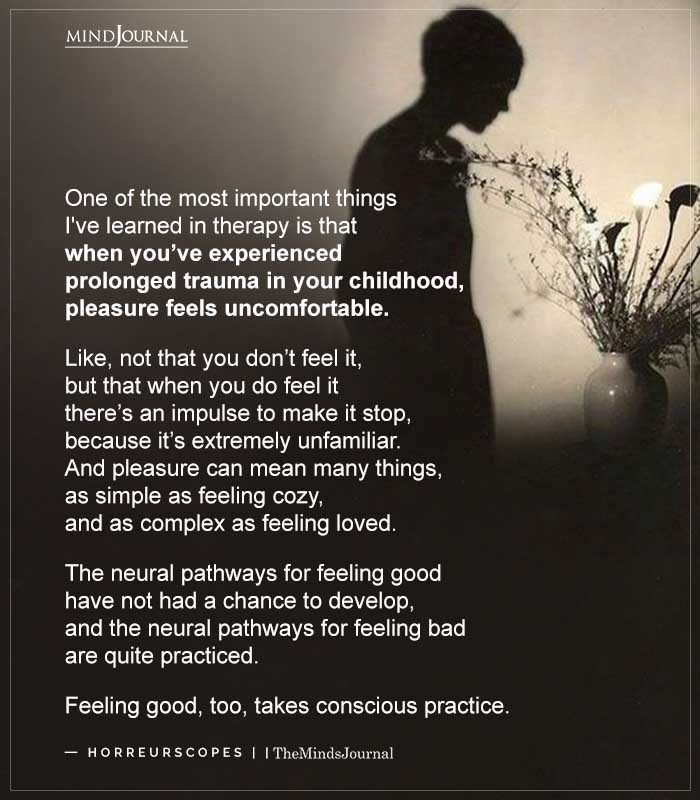
Identify Your Relationship Patterns
Relationship patterns usually happen outside your awareness, unfolding relatively subtly and gradually, making it difficult to detect your own contributions to your patterns or understand their underlying causes. For example, if your parents were harsh with each other, and with you so that you felt you never quite lived up to their expectations, you may look for a partner who is highly critical.
Even though it seems counter-intuitive, you are “used to” that version of love, or at least attachment. You are also still trying to gain the approval you never quite got when you were young.
Any repeating pattern you see in your relationships is no accident. It’s a clue to what is buried in your subconscious.
What positive patterns do you see repeated? What negative patterns keep cropping up? What do you understand about these positive and negative patterns? How might your understanding impact your current behaviors and choices in relationships?
Analyzing relationship patterns requires discipline and honesty and will help you move forward into new, solid and resilient relationships.
Discover Your Limiting Beliefs
Limiting beliefs are usually tied to self-image or your perceptions about how you relate to the world. They are self-destructive, cause stress and keep you from achieving what you want in your life and relationships.
Most of our limiting beliefs stem from incidents that occurred in childhood and, as such, our perspective around that belief is often experienced from a child’s viewpoint. This is significant to note and explains why we react to certain “triggers” in an emotional way.
Related: What Are Adverse Childhood Experiences? How The Trauma From These Affects Adult Relationships
For example, a woman may feel she is not attractive and not worthy of being loved because her mother told her repeatedly that she wasn’t pretty and no man would want to marry her. This belief is stored as “fact” in the woman’s subconscious and no matter how much she may consciously want to be in a wonderful relationship, she will subconsciously sabotage any relationship that shows promise. Why?
Because deep down she believes she isn’t worthy of being loved. It feels more comfortable and seems safer to stay in the old and familiar belief system – it’s a place she knows well. This all happens on a subconscious level and she’s not even aware of it. Her belief about herself is carried out into reality every day.
To identify your limiting beliefs you need to create your vision. Be specific and very clear about what you want. Where do you want to go in life? What do you want to be? What do you want to do? What do you want to have? What do you really want your life and relationships to look like? Next, and this is a process (so be patient), be über aware of any limiting beliefs that pop up. They will not align with your vision and need to be rooted out.
The best way to recognize limiting beliefs is through your actions or reactions, especially if they are emotionally based. A person who does not believe he or she is worthy of love will do things that might seem odd to an outside observer.
Not returning a phone call from someone you met and really liked. Being a no-show on a first date after meeting someone great online. Picking a huge fight with someone you’ve been dating, for no apparent reason, and then being able to tell yourself, “I knew it wouldn’t work out.”
These are classic self-sabotaging behaviors and point to strong limiting beliefs. See if you can find yours. Then root them out by rewriting them. Turn, “I am not worthy of love” to “I am loveable and desirable.” Turn “I am not attractive enough to be desired” into “I am a beautiful man/woman who is full of life and love to give.” Turn “I don’t have anything interesting to say because I’m stupid/dull/ordinary” into “I am a unique and special person and people want to hear what I have to say.”
Lastly, repeat your vision statements and rewritten beliefs for 30 consecutive days.
Once you have identified them, your limiting beliefs must be challenged every time they rear their heads. This repetitive and continuous challenging will eventually retrain the subconscious mind and eliminate the limiting belief.
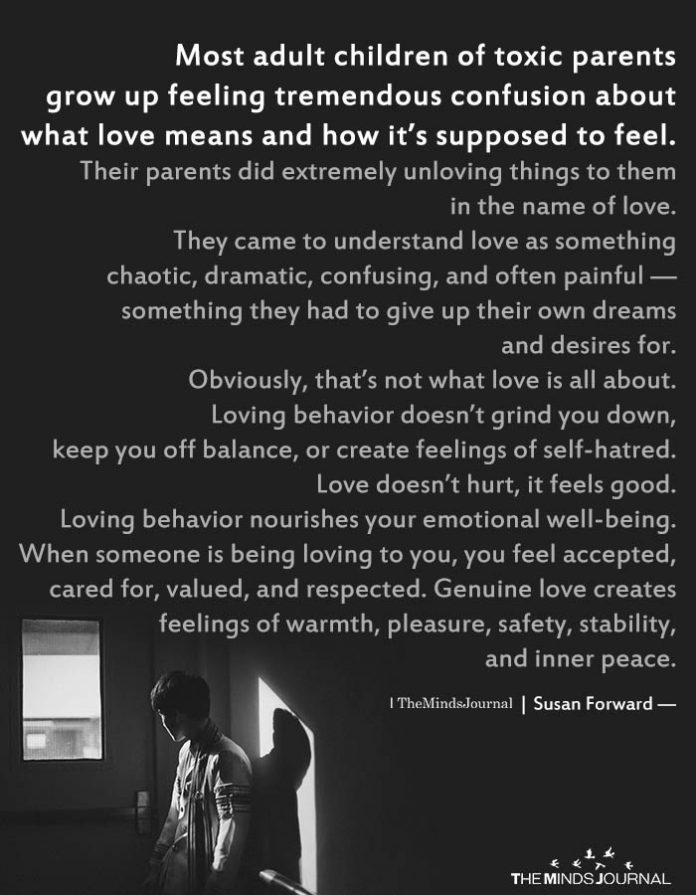
Identify your needs
Being aware of your needs in a relationship and knowing that they are legitimate will help you recognize when they are not being met. For example, if your father chose to air grievances at the family dinner table, he may have had an unmet need for your mother’s validation and respect.
If you grew up with dinnertime being full of stress and gripes, you may find yourself anxious at meals, nit-picking everyone’s manners. Awareness will help you quickly recognize when and if you are slipping into your old familiar pattern of not expressing your needs, for pleasant conversation during dinner, for example.
Related: How Inner Child Healing Can Help You Have Healthy Adult Relationships
Know what you want in a relationship
Though your gut may be guiding you to repeat patterns learned long ago, use your knowledge of yourself to seek a partner with whom you can find exactly what you require in a relationship. What are your deal-breakers? What positive traits of your parents do you seem to be seeking in others? What negative traits of your parents do you seem to be found in others?
For example, if your parents handled conflict with an “I am right and you are wrong” type of comment, you may get angry and defensive when criticized. By identifying relationship patterns you perpetuate, you take the first step toward breaking free and having a more satisfying relationship future.
You are responsible for your own happiness, period.
We all have the tendency to act as if our happiness depends on others. And it does—to the extent we allow it. I know that not all choices are easy to make. Leaving a relationship in which unhappy patterns are being repeated is not necessarily a walk in the park. Not only do you feel strangely comfortable within the dysfunctional matrix, but you may well love this person.
But if your needs, wants and requirements are not being met, and if unhealthy or abusive patterns are being played out regularly, you have fallen into a trap.
You can get out of that trap. How? Aside from following the guidelines listed above in today’s blog, you can also choose how you show up in your relationships. Choices are conscious—not just a repeating pattern. We are responsible and accountable for the success of our relationships.
Written by Betty Russell, BCC Originally appeared in Relationship Elements
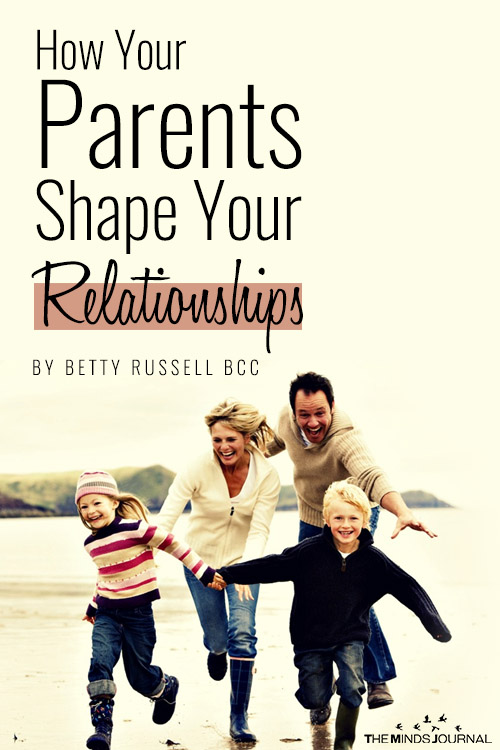



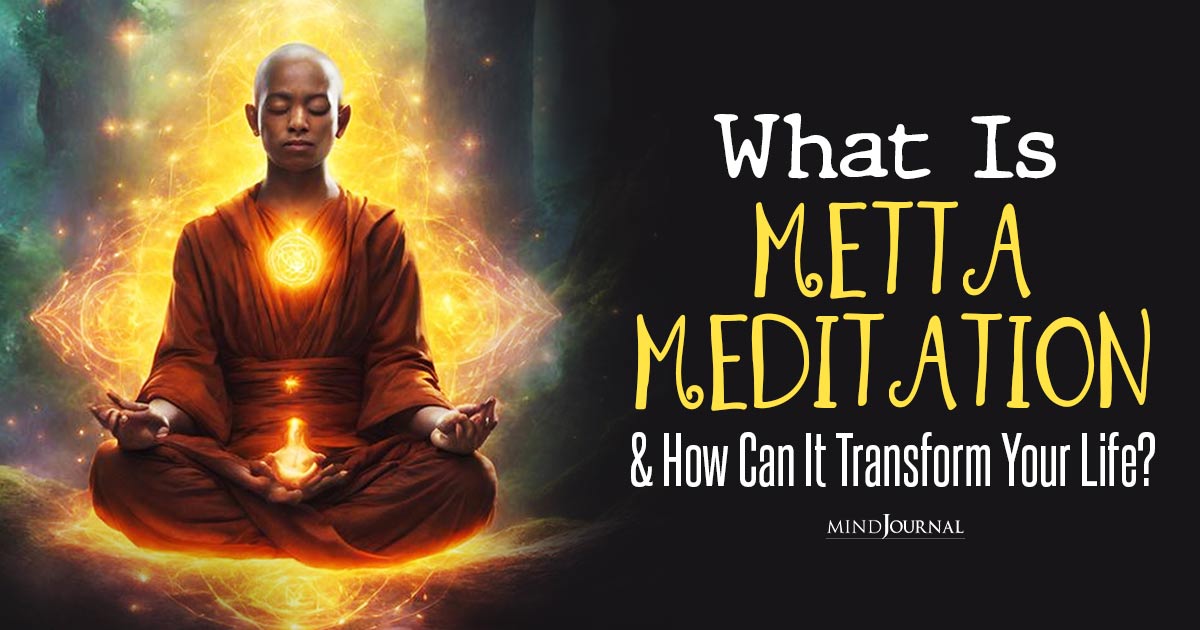

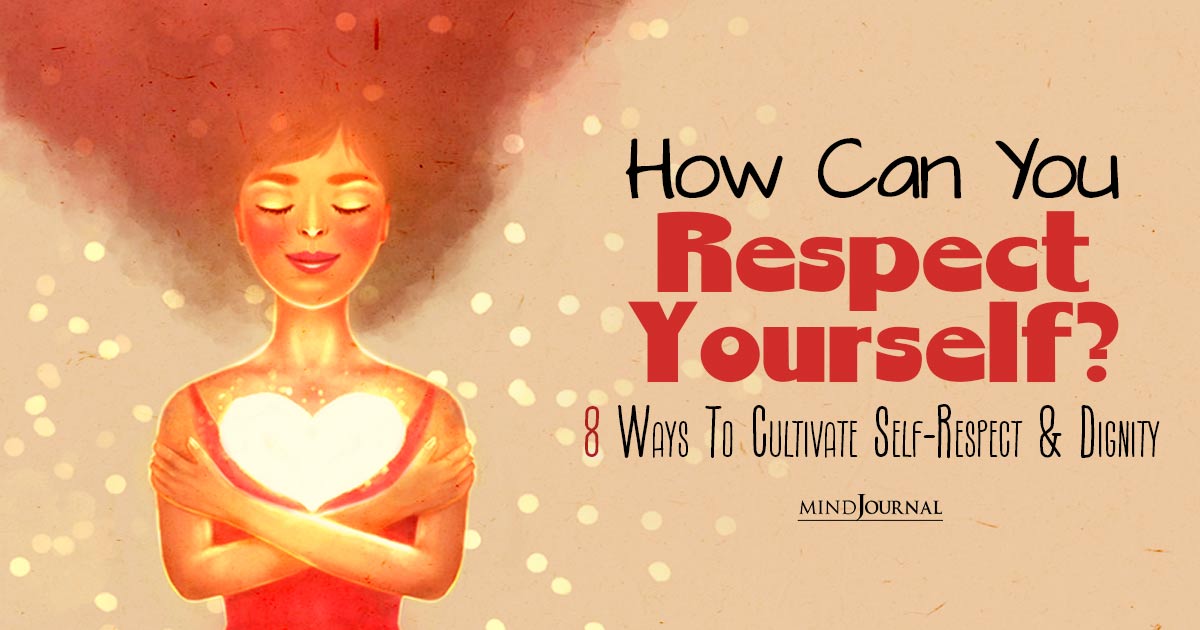

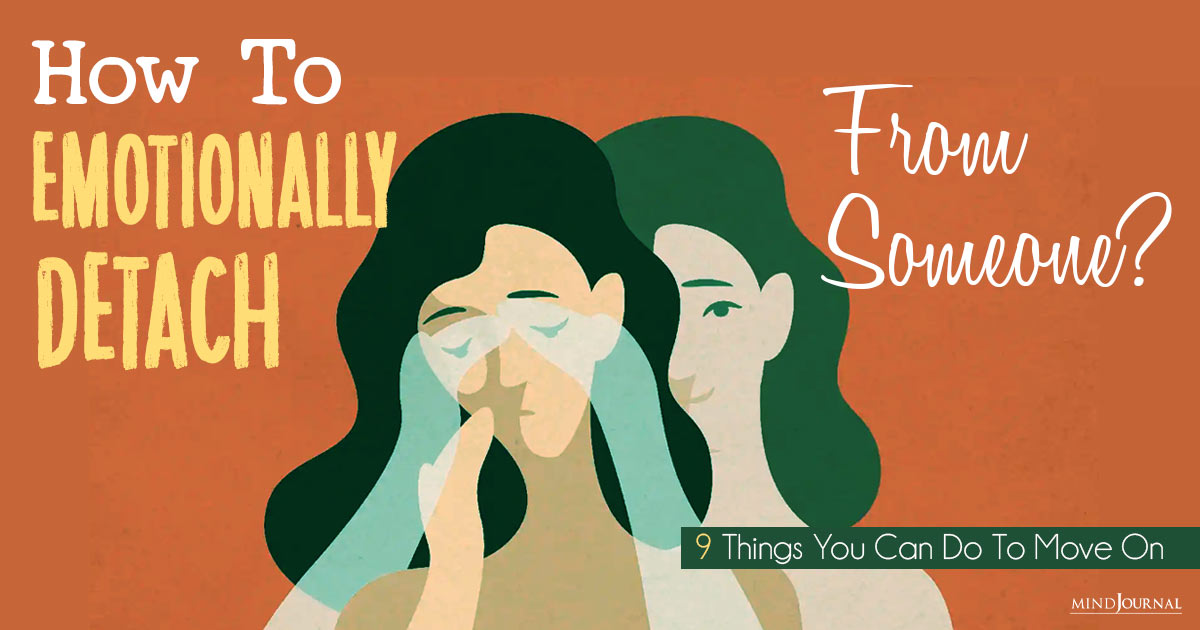

Leave a Reply
You must be logged in to post a comment.